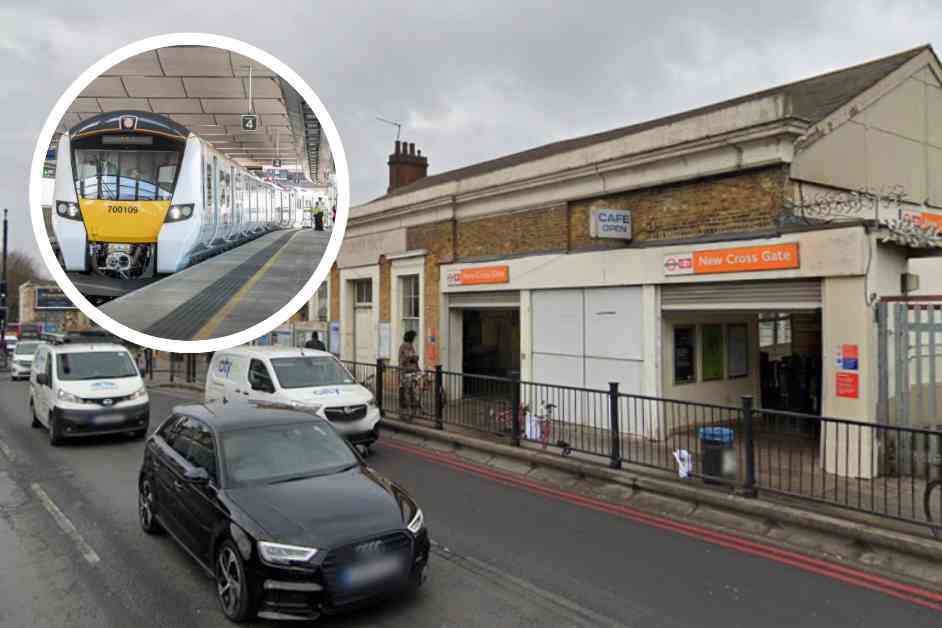Yesterday, there was a broken rail incident at New Cross Gate station that caused major delays and cancellations for commuters. The incident led to frustration among passengers as they were left stranded and unsure of when they would be able to reach their destinations.
The broken rail was discovered during routine maintenance checks in the early hours of the morning. Engineers immediately began working to fix the issue, but the repairs took longer than expected due to the extent of the damage. As a result, train services in the area were severely disrupted throughout the day.
Passengers took to social media to express their anger and disappointment at the situation. Many complained about the lack of information from train operators and the length of time it took to resolve the issue. Some commuters reported being stuck on trains for hours with no updates on when they would be able to continue their journey.
The delays and cancellations had a ripple effect on the entire rail network, causing overcrowding and chaos at other stations as passengers tried to find alternative routes. Some people were forced to find alternative modes of transportation or make last-minute arrangements to get to their destinations.
In response to the incident, a spokesperson for the train operator issued a public apology to affected passengers. They assured commuters that measures were being taken to prevent similar incidents in the future and that compensation would be provided to those who were significantly impacted by the disruptions.
As the broken rail incident at New Cross Gate station serves as a reminder of the fragility of the rail infrastructure and the importance of regular maintenance checks. Commuters are advised to stay informed about service disruptions and to plan their journeys accordingly to avoid being caught off guard by unexpected delays.
Overall, the incident at New Cross Gate station highlighted the vulnerability of the rail network and the need for improved communication between train operators and passengers during times of disruption. It also underscored the resilience of commuters who were able to adapt to the challenging circumstances and find alternative ways to reach their destinations despite the obstacles they faced.





















